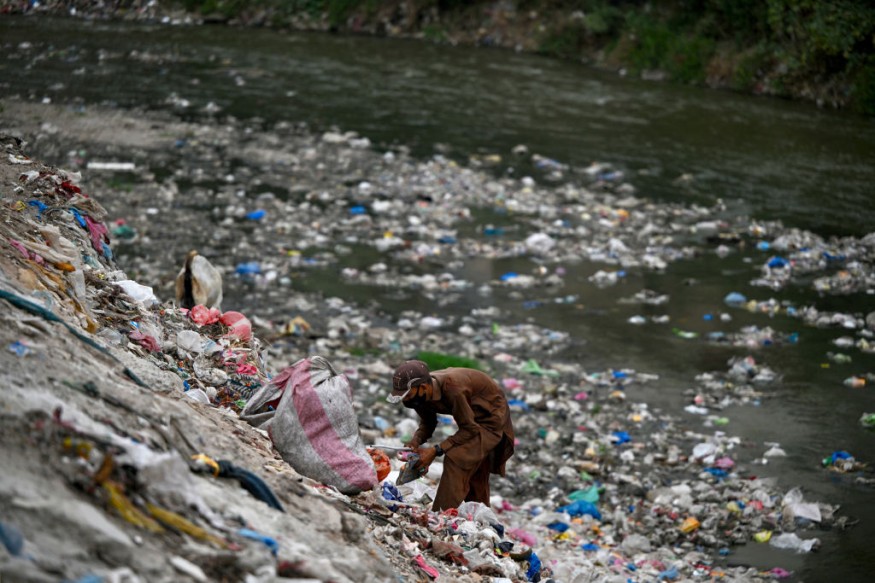Recycling has been taught in schools because it benefits the environment. Materials are repurposed for other purposes. Additionally, effective waste management can help communities and wildlife.
In addition, recycling plays a crucial role in reducing the overfilling of dumpsites. For communities, it mitigates deadly flooding and waste entering the world's oceans. In little steps, everyone can contribute to recycling and protecting the planet.

It starts by knowing what things are not allowed to be recycled. Here are 15 things that people should not recycle. Additionally, checking on local guidelines about proper recycling is recommended.
1. Aerosol Spray Cans
Metal aerosol spray cans contain harmful chemicals or fuels. Municipal recycling systems recognize them as hazardous waste, but they are not recyclable due to potential health effects on workers.
2. Diapers
First on the list is diapers, which most babies use. While they contain paper and plastic, diapers are not recyclable and properly disposed of.
3. Takeout Containers
Plastic containers with food inside are not recyclable because of the grease residue. However, properly washing these containers can make them recyclable, although the grease is challenging to remove.
4. Bubble wrap
Bubble wrap is not accepted in recycling because this can potentially clog the machines. Additionally, it is better to look for other recyclable plastic lists.
5. Hazardous Materials
Hazardous materials such as paint, batteries, and CFL bulbs are not recyclable and are mainly dangerous to human health. These are also flammable, causing possible injuries to workers.
Homeowners should carefully dispose of these hazardous chemicals to prevent potential dangers to people's health.
6. Broken glass
Broken glasses, or small pieces of glass, are dangerous and not recommended for recycling. These can damage the machines or equipment used in recycling.
7. Clothes
It is best to give clothes to other people instead of recycling them. Many shelters are accepting clothes for donations. Clothes are not advisable for recycling because they can block recycling machines.
8. Pizza boxes
Although paper is considered recyclable, pizza boxes are not accepted because of the food residue.
9. Styrofoam
Styrofoam is not used for recycling due to its impact on the environment.
10. Yoghurt Containers
Yogurt containers, like margarine or butter containers and cooking oil tins, can be recycled in local recycling programs. However, they should be adequately cleaned before being brought to a recycling facility.
Home recycling thse containers can be accepted or repurposed.
11. Confetti or Shredded Paper
Shredded paper and confetti are not often accepted by recycling centers. Before recycling, check the guidelines in your area. Additionally, homeowners can prefer to use them in their compost.
12. Wet Paper
According to reports, papers that come into contact with water or are generally wet are no longer recyclable. Therefore, it is essential for people planning to recycle documents to put them in safe areas away from water leakage.
Proper recycling benefits the environment and communities by reducing waste and making it valuable materials. For homeowners, it is best to check local municipal guidelines about what cannot be recycled.
Read also: Plastic-Free Benefits For Environment: 8 Sustainable Ways to Avoid Increasing Plastic Waste
For more similar stories, don't forget to follow Nature World News.
© 2025 NatureWorldNews.com All rights reserved. Do not reproduce without permission.





